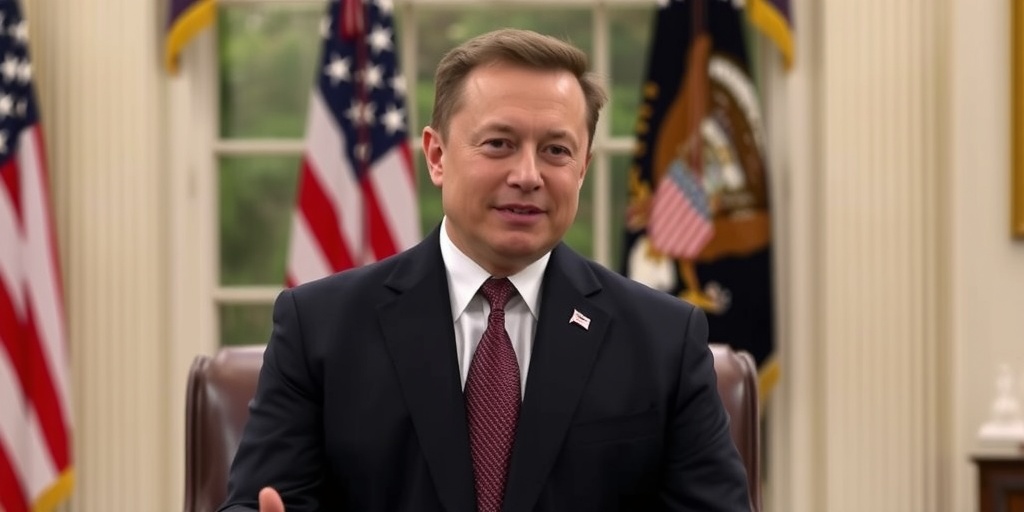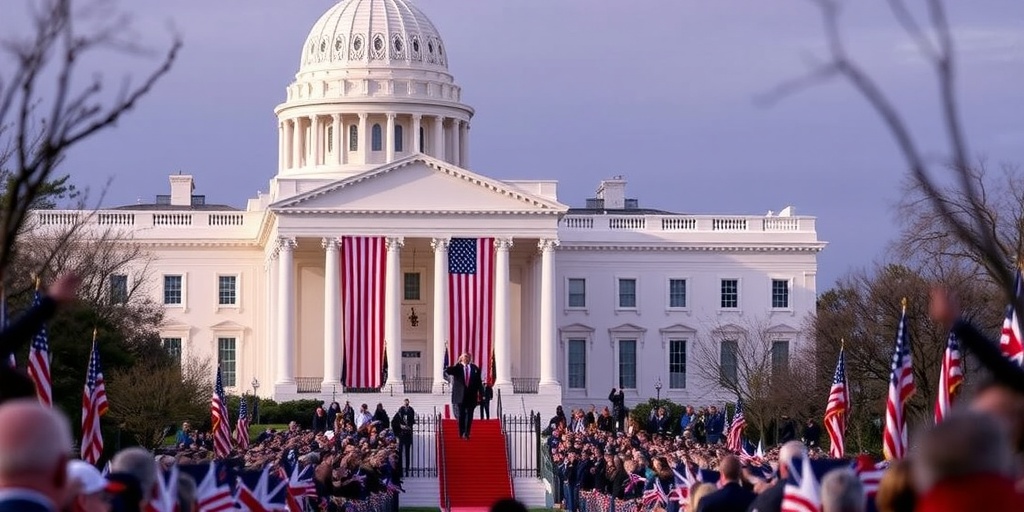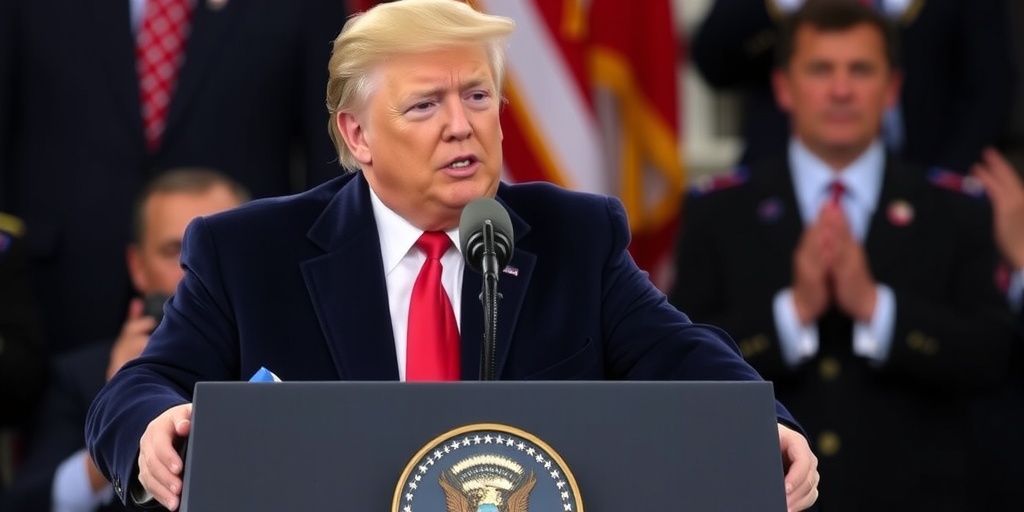Now Reading: Musk Set to Take Office in West Wing
-
01
Musk Set to Take Office in West Wing
Musk Set to Take Office in West Wing

Elon Musk to Move into the West Wing: A New Era of Government Efficiency?
In a surprising turn of events, Elon Musk, the world’s richest man and CEO of multiple pioneering companies, is slated to receive office space in the West Wing of the White House. This development comes as he plays a vital role in spearheading an ambitious initiative aimed at slashing up to $2 trillion from government expenditure. Sources familiar with the planning have confirmed this move, signaling a significant collaboration between Musk and President Donald Trump.
Initially, Musk was expected to set up his operations in the Eisenhower Executive Office Building, located within the White House complex. This building, while prestigious in its own right, is considered somewhat separate from the epicenter of presidential activity in the West Wing. However, recent reports indicate that Musk has been actively inquiring about the extent of his access to decision-makers and has expressed a strong preference for working in closer proximity to President Trump. This pivot underscores Musk’s keen interest in influencing governmental procedures and policies directly.
According to insiders, President Trump was supportive of Musk’s request for West Wing office space, recognizing the potential benefits of Musk’s technological insights and business acumen as they relate to government efficiency. As part of the onboarding process, Musk has already been issued a badge for the White House complex and has completed the necessary paperwork to join Trump’s administration in this pivotal role.
The collaboration is rooted in Musk’s leadership of the newly established Department of Government Efficiency, a branch of the administration focused on overhauling and streamlining federal operations. The ambitious team assembled by Musk has been working diligently over the past two months at SpaceX’s Washington headquarters. This group is comprised of engineers and experts drawn predominantly from Silicon Valley, who possess a wealth of experience in innovative practices aimed at improving efficiency in large organizations.
Musk’s approach appears straightforward yet transformative: place approximately two highly skilled personnel in each major federal agency. This strategic placement aims to infuse government departments with entrepreneurial spirit and cutting-edge methods commonly found in the tech industry. By embedding these individuals within the bureaucracy, Musk is seeking to eliminate wasteful spending and enhance productive outcomes at a national scale.
The implications of this partnership between Musk and Trump extend far beyond mere organizational changes. It signifies a novel approach to governance—one that heavily leans on the expertise of the private sector to inform public policy. Musk’s track record with companies like Tesla and SpaceX has demonstrated an affinity for rapid innovation and growth, characteristics that the government bureaucracy has often struggled to mirror. By introducing tech-savvy professionals into federal agencies, Musk’s team is poised to tackle long-standing challenges and promote a culture of efficiency.
Despite the ambitious goals, the task ahead is formidable. The federal government is characterized by complex regulations, entrenched practices, and, at times, resistance to change. Nevertheless, Musk’s popularity and influence may provide him with the leverage needed to advocate for reforms effectively. His vision is rooted in the belief that technology can revolutionize how government operates, potentially delivering a more efficient and cost-effective service to the American people.
While the administration’s attempts to cut $2 trillion from the federal budget may seem daunting, having a figure of Musk’s stature working on this initiative brings an unprecedented focus to the cause. As he continues to engage with various stakeholders and decision-makers, the outcomes of his efforts may pave the way for a new standard in administrative efficiency.
However, the transition into such a prominent role raises questions about the crossover between private enterprise and public duty. Critics might argue that the blending of business and government could lead to conflicts of interest or a prioritization of corporate agendas over public welfare. Musk’s approach will need to be scrutinized, ensuring transparency in how decisions are made and the impacts of such policies on everyday citizens.
As Mr. Musk settles into his new West Wing office, all eyes will be on him and his team to see how effectively they can implement their strategies for government reform. It remains to be seen if this unique collaboration between a tech mogul and the highest office in the land will result in meaningful change or if it will simply serve as another chapter in the complex narrative of American governance. Regardless, one thing is certain: Elon Musk’s influence on federal policy is now undeniable, and the ramifications of his role could resonate throughout the government for years to come.
Stay Informed With the Latest & Most Important News
Previous Post
Next Post
-
 01New technology breakthrough has everyone talking right now
01New technology breakthrough has everyone talking right now -
 02Unbelievable life hack everyone needs to try today
02Unbelievable life hack everyone needs to try today -
 03Fascinating discovery found buried deep beneath the ocean
03Fascinating discovery found buried deep beneath the ocean -
 04Man invents genius device that solves everyday problems
04Man invents genius device that solves everyday problems -
 05Shocking discovery that changes what we know forever
05Shocking discovery that changes what we know forever -
 06Internet goes wild over celebrity’s unexpected fashion choice
06Internet goes wild over celebrity’s unexpected fashion choice -
 07Rare animal sighting stuns scientists and wildlife lovers
07Rare animal sighting stuns scientists and wildlife lovers




















